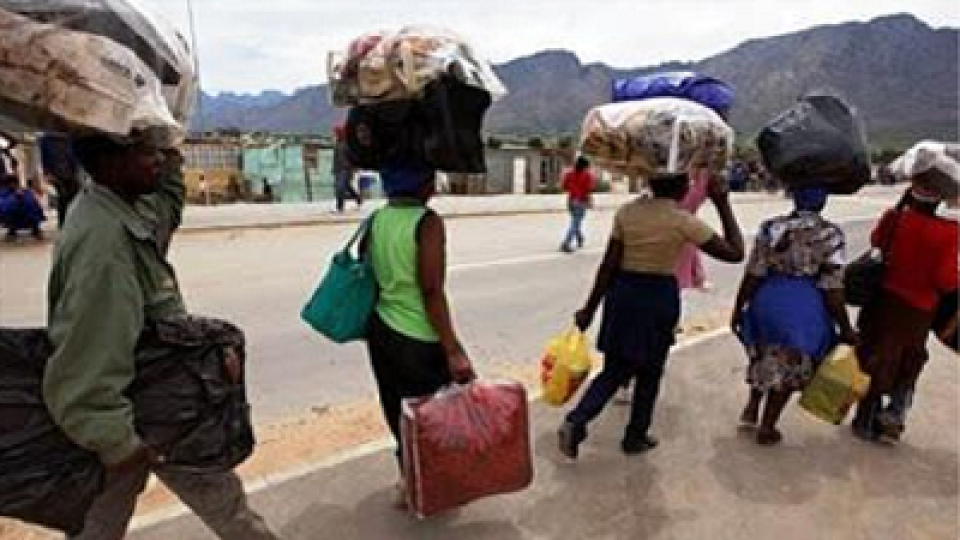from MARCUS MUSHONGA in Harare, Zimbabwe
Zimbabwe Bureau
HARARE, (CAJ News) – WOMEN participating in informal cross-border trade (ICBT) within some Southern African countries are bearing the brunt of gender-based violence and economic exploitation.
This has impeded women’s ability to exercise their human rights in the context of decent work.
Amnesty International has reported the violations, in a new report that accuses the governments of Malawi, Zambia and Zimbabwe for failing to protect these women.
The report, “Cross-border is our livelihood, it is our job” details how women working in ICBT in these countries frequently face physical assault, sexual harassment and intimidation, which is often perpetrated by state officials, including border authorities.
Women also face violence from non-state actors.
“The vulnerability of women in informal employment to diverse forms of abuse, combined with restricted access to justice, highlights a glaring gap in state protection,” said Tigere Chagutah, Amnesty International’s Director for East and Southern Africa.
The activist said the lack of robust legal frameworks and effective enforcement mechanisms further amplified the injustices experienced by women in the ICBT sector.
Amnesty International’s research uncovered that women engaged in ICBT trade frequently encounter substantial economic exploitation, which adversely affects their ability to earn a living and undermines their financial stability.
This exploitation takes various forms, including bribery, theft and arbitrary confiscation of goods.
The report highlights systemic state failures in upholding the right to social security, with notable deficits in addressing the substantial care responsibilities borne by women engaged in cross-border trade.
In the absence of social protection coverage, many of the women reported inability to exercise their right to an adequate standard of living.
Women also faced challenges such as being unable to take time off when sick and having little support in terms of childcare.
It reports that social security systems in Malawi, Zambia and Zimbabwe favour formal workers, leaving many in the informal sector without adequate assistance.
“Governments must rectify these shortcomings, giving priority to upholding the rights of women engaged in cross-border trade,” said Chagutah.
In 2018, the value of ICBT trade in Southern Africa reached US$17,6 billion.
ICBT is predominantly conducted by women, with women comprising 60 percent to 90 percent of those engaged in this trade across sub-regions.
This sector presents significant potential for poverty alleviation.
– CAJ News

